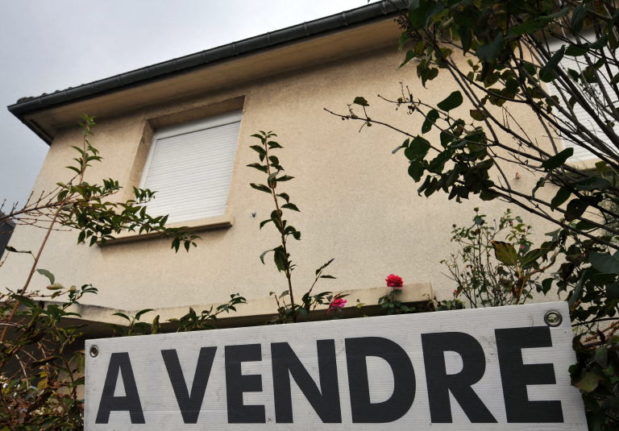The slight reduction in prices for property can be explained by the drop in the volume of sales. In the fourth quarter of 2012, apartment sales plummeted by 12 percent in Ile-de-France compared with the same period in 2011.
Surprisingly, this drop was most evident in Paris itself with a reduction of 21 percent – the same as in 2008 – with just 5,930 properties sold in the final quarter.
In total, just 27,690 apartments in Paris were sold in 2012, only a fraction more than in 2009 when the crisis hit. On average house prices fell by 1.3 percent in the third quarter of 2012 and 0.4 percent in the final quarter.
According to the French Chamber of Notaries, there are indications that “this downward trend will continue for the next few months in the capital," Le Parisien reported.
However, the Chamber said that the current drop in sales was no reflection on the demand for housing, insisting “buyers remain motivated”, and that “interest rates are historically attractive”.
“The difficult and distressing economic climate does not encourage potential buyers to commit to long-term purchases," the Chamber added.
Currently, the average price per metre squared in Paris stands at €4,420 in the outskirts of and €8,270 in the city centre.
Some areas of Paris, however, remain untouched by the phenomenon. According to Le Parisien, the most expensive properties can be found in La Monnaie at €14,730 per square metre. Odéon, also in the sixth arrondissement, is still out of reach of the most buyers where the average property costs €14,170 per square metre.
The capital’s cheapest properties can be found in La Goutte-d’Or and La Chapelle at €6,220 per metre squared in the 18th arrondissement.




 Please whitelist us to continue reading.
Please whitelist us to continue reading.
Member comments